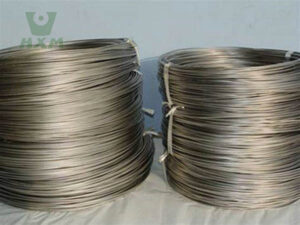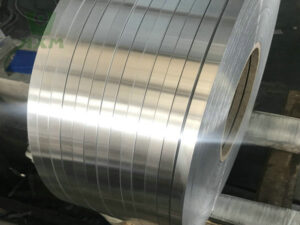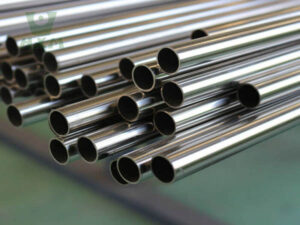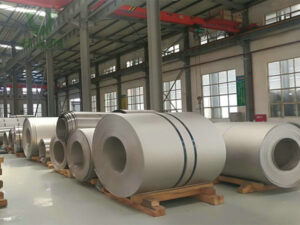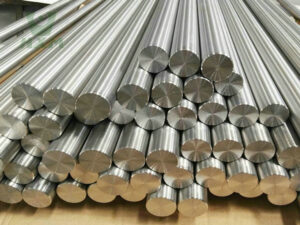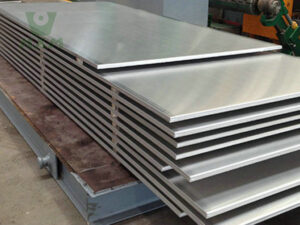Titanium and its alloys are renowned for their exceptional strength-to-weight ratio, corrosion resistance, and biocompatibility. These properties make them indispensable in industries such as aerospace, medical, automotive, and marine engineering. One of the critical factors that determine the performance and application of titanium alloys is their melting temperature. This report provides a detailed analysis of the melting temperatures of titanium alloys, their influencing factors, and their significance in industrial applications. Melting Temperature of Titanium Alloy isapproximately 1,668 degrees Celsius (3,034 degrees Fahrenheit).Huaxiao Metal Supplier provides the products for sale and the price is affordable, the services is good and special for every customers.
Overview of Titanium Alloys
Titanium alloys are broadly classified into three categories based on their microstructure:
Alpha (α) Alloys: Composed primarily of alpha-phase stabilizers like aluminum and oxygen.
Beta (β) Alloys: Contain beta-phase stabilizers such as vanadium, molybdenum, and iron.
Alpha-Beta (α-β) Alloys: A combination of both alpha and beta stabilizers.
The melting temperature of titanium alloys varies depending on their composition, microstructure, and processing methods. Huaxiao Metal Supplier provides the products for sale and the price is affordable, the services is good and special for every customers.
Color
Natural Appearance: Titanium and its alloys have a silvery-gray metallic luster.
Oxidized Surface: When exposed to high temperatures or anodized, titanium alloys can develop a range of colors, including gold, blue, purple, and green, due to the formation of a thin oxide layer.
Physical Properties
| Property | Value/Description |
|---|---|
| Density | 4.43-4.51 g/cm³ (varies by alloy) |
| Melting Point | 1600-1700°C (2912-3092°F) |
| Boiling Point | 3287°C (5949°F) |
| Crystal Structure | Hexagonal Close-Packed (HCP) at room temperature; transitions to Body-Centered Cubic (BCC) at high temperatures. |
| Magnetic Properties | Non-magnetic (paramagnetic) |
| Reflectivity | High reflectivity in the visible spectrum. |
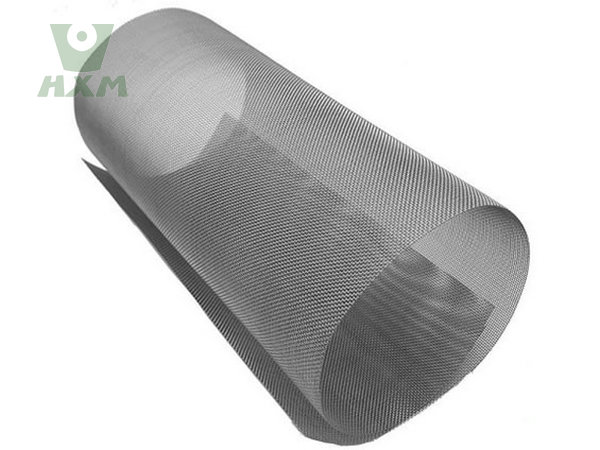
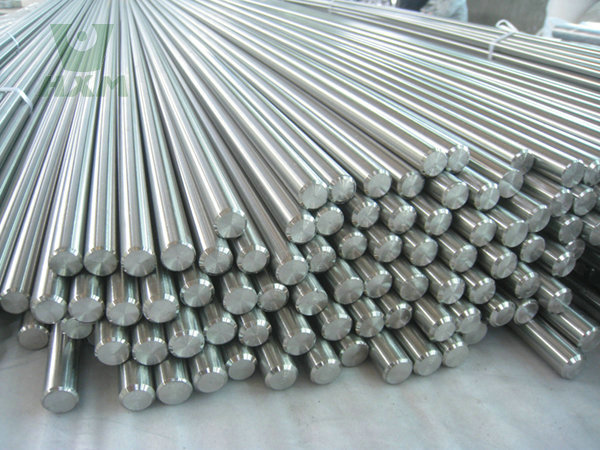
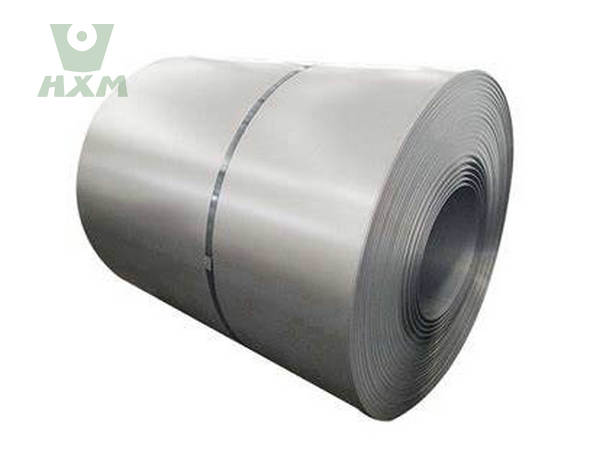
Mechanical Properties
| Property | Value/Description |
|---|---|
| Tensile Strength | 800-1200 MPa (varies by alloy) |
| Yield Strength | 700-1100 MPa (varies by alloy) |
| Elongation | 10-25% (varies by alloy) |
| Hardness | 250-350 HV (Vickers hardness) |
| Fatigue Strength | Excellent fatigue resistance, especially in high-cycle fatigue applications. |
| Fracture Toughness | High fracture toughness, making it resistant to crack propagation solutions. |
Electrical Properties
| Property | Value/Description |
|---|---|
| Electrical Resistivity | 0.42-0.55 µΩ·m (varies by alloy) |
| Conductivity | Low electrical conductivity compared to metals like copper Solution and aluminum. |
| Superconductivity | Some titanium alloys exhibit superconductivity at very low temperatures. |
Thermal Properties
| Property | Value/Description |
|---|---|
| Thermal Conductivity | 7.2-11.4 W/m·K (varies by alloy) |
| Thermal Expansion Coefficient | 8.6-9.7 µm/m·K (20-100°C) |
| Specific Heat Capacity | 0.52-0.54 J/g·K (varies by alloy) |
| Thermal Stability | Excellent thermal stability, maintaining properties at high temperatures. |
Chemical Properties
| Property | Value/Description |
|---|---|
| Corrosion Resistance | Exceptional resistance to corrosion in a wide range of environments, including seawater, chlorides, and acids. |
| Oxidation Resistance | Forms a stable, protective oxide layer (TiO₂) that prevents further oxidation. |
| Reactivity | Highly reactive with oxygen at high temperatures, but the service oxide layer provides protection. |
| Biocompatibility | Excellent biocompatibility, making it suitable for medical implants. |
| Chemical Compatibility | Resistant to many chemicals, including nitric acid, sulfuric acid, and organic acids. |
Melting Temperature of Pure Titanium Degrees
Pure titanium has a melting point of approximately 1668°C (3034°F). This high melting temperature is one of the reasons titanium is suitable for high-temperature applications. Huaxiao Metal Supplier provides the products for sale and the price is affordable, the services is good and special for every customers.
Melting Temperature of Titanium Alloys
The melting temperature of titanium alloys generally ranges between 1600°C and 1700°C (2912°F to 3092°F), depending on the alloying elements and their concentrations. Below is a table summarizing the melting temperatures of some common titanium alloys:
| Alloy Name | Primary Alloying Elements | Melting Temperature (°C) | Melting Temperature (°F) |
|---|---|---|---|
| Ti-6Al-4V (Grade 5) | Aluminum (6%), Vanadium (4%) | 1604-1660 | 2919-3020 |
| Ti-6Al-2Sn-4Zr-2Mo | Aluminum (6%), Tin (2%), Zirconium (4%), Molybdenum (2%) | 1650-1700 | 3002-3092 |
| Ti-3Al-2.5V (Grade 9) | Aluminum (3%), Vanadium (2.5%) | 1600-1650 | 2912-3002 |
| Ti-10V-2Fe-3Al | Vanadium (10%), Iron (2%), Aluminum (3%) | 1600-1650 | 2912-3002 |
| Ti-15V-3Cr-3Sn-3Al | Vanadium (15%), Chromium (3%), Tin (3%), Aluminum (3%) | 1600-1650 | 2912-3002 |
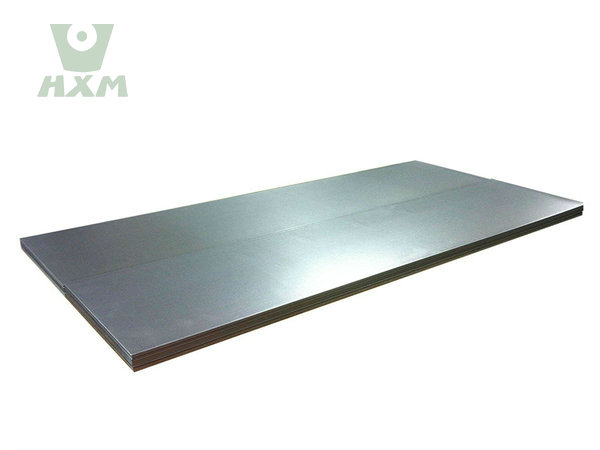
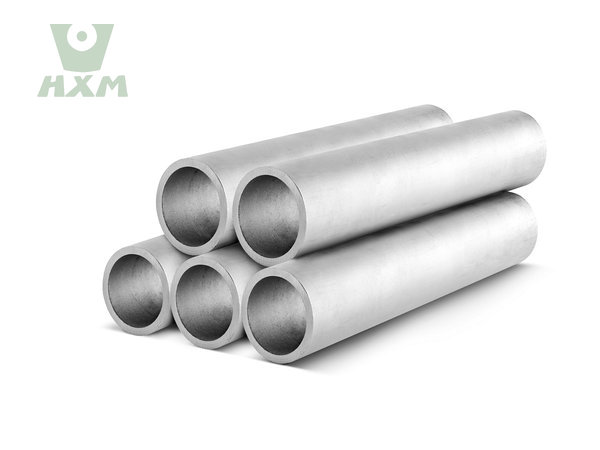
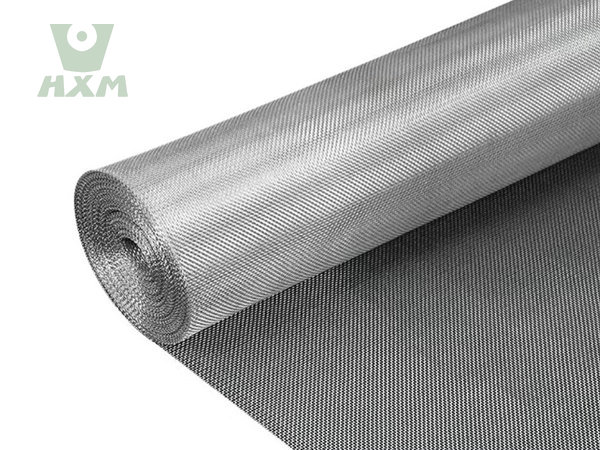
Factors Influencing Melting Temperature Degrees
The melting temperature of titanium alloys is influenced by several factors:
Alloying Elements: Elements like aluminum, vanadium, and molybdenum can either increase or decrease the melting point depending on their concentration.
Microstructure: Alpha-phase stabilizers tend to increase the melting point, while beta-phase stabilizers may lower it.
Impurities: The presence of impurities such as oxygen, nitrogen, and carbon can affect the melting temperature.
Processing Methods: Heat treatment and mechanical working can alter the microstructure, indirectly influencing the melting behavior.
Significance of Melting Temperature
Challenges and Considerations
While the high melting temperature of titanium alloys is advantageous, it also presents challenges:
Manufacturing Difficulty: High melting points require specialized equipment and techniques for melting and casting.
Cost: The energy-intensive processing of titanium alloys contributes to their high cost.
Oxidation: At elevated temperatures, titanium alloys can oxidize, requiring protective coatings or controlled atmospheres during processing.
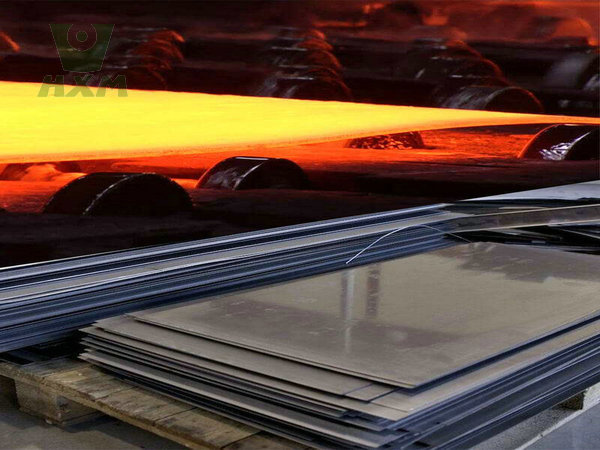


Future Trends
Huaxiao Metal Supplier provides the products for sale and the price is affordable, the services is good and special for every customers. Research is ongoing to develop titanium alloys with optimized melting temperatures and improved properties:
Additive Manufacturing: 3D printing techniques are being used to create complex titanium components with controlled microstructures.
Low-Cost Alloys: Efforts are being made to reduce the cost of titanium alloys by using alternative alloying elements and processing methods.
High-Temperature Alloys: New alloys are being developed for use in extreme environments, such as hypersonic aircraft and advanced nuclear reactors.
Applications Based on Properties
Huaxiao Metal Supplier provides the products for sale and the price is affordable, the services is good and special for every customers.
Aerospace: High strength-to-weight ratio and excellent thermal stability make titanium alloys ideal for jet engines, airframes, and spacecraft.
Medical: Biocompatibility and corrosion resistance are critical for implants, surgical tools, and dental devices.
Marine: Resistance to seawater corrosion makes titanium alloys suitable for shipbuilding and offshore structures.
Chemical Processing: Corrosion resistance and chemical stability are essential for reactors, heat exchangers, and piping systems.
Automotive: Lightweight and high strength contribute to fuel efficiency and performance in automotive components.

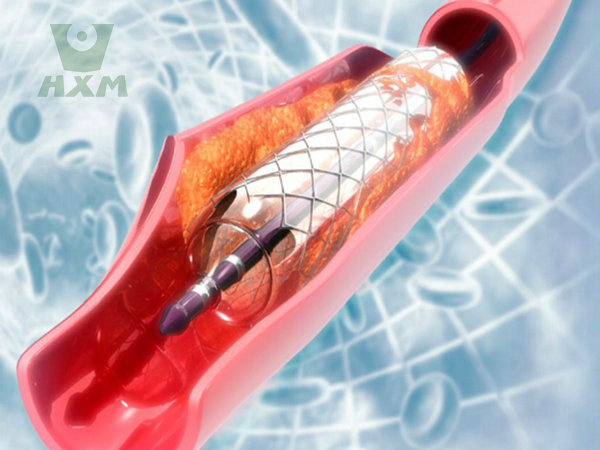

In Conclusion
The melting temperature of titanium alloys, typically ranging from 1600°C to 1700°C (2912°F to 3092°F), is a critical factor that determines their suitability for high-performance applications. While their high melting points present manufacturing challenges, they also enable the use of titanium alloys in some of the most demanding industries. Continued research and innovation are expected to further enhance the properties and affordability of these remarkable materials. Huaxiao Metal Supplier provides the products for sale and the price is affordable, the services is good and special for every customers.
Titanium alloys exhibit a unique combination of silvery-gray color, high strength, low density, excellent corrosion resistance, and biocompatibility. Their mechanical, electrical, thermal, and chemical properties make them versatile materials for a wide range of demanding applications. Understanding these properties is crucial for selecting the right titanium alloy for specific industrial needs. Huaxiao Metal Supplier provides the products for sale and the price is affordable, the services is good and special for every customers.

